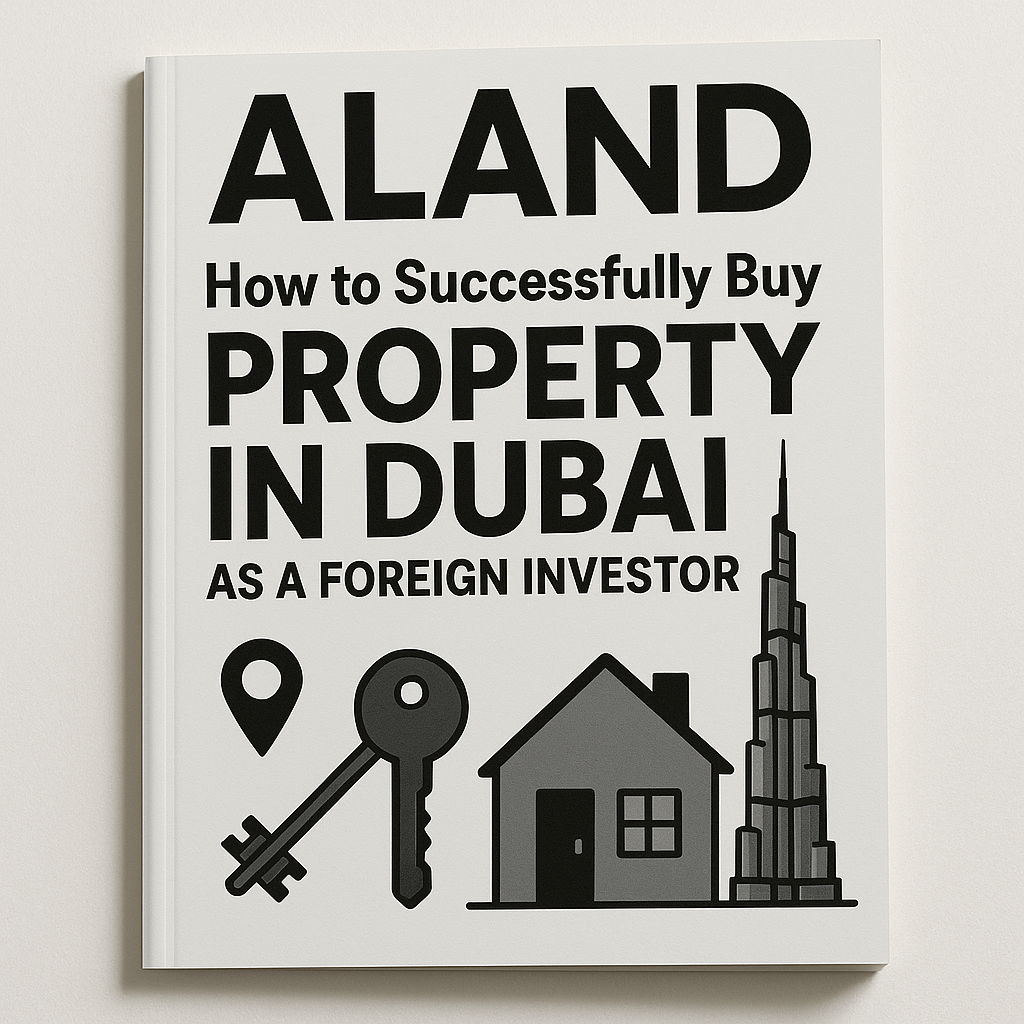How to Successfully Buy Property in Dubai as a Foreign Investor
- Published Date: 10th May, 2025
-
5★ ★ ★ ★ ★(165)

Buying property in Dubai offers foreign investors an opportunity to enter one of the most dynamic real estate markets in the world. With rapid economic growth, a tax-free environment, and world-class infrastructure, Dubai continues to be a global hub for investment. However, navigating the intricacies of purchasing property in the UAE as a foreign investor requires understanding key legal, economic, and market factors. Here’s how to approach it with strategic insight.
Legal Framework and Ownership Rights
Dubai offers foreign investors the opportunity to own property under certain conditions. The UAE government has established specific freehold areas where non-residents can acquire full ownership rights. These areas are concentrated in prime locations like Dubai Marina, Palm Jumeirah, Downtown Dubai, and Jumeirah Beach Residence (JBR), among others. Understanding the legal requirements for foreign property ownership in these zones is crucial.
A key consideration is the requirement for foreign buyers to meet specific criteria, such as the need to obtain a residency visa for investors. In some cases, properties over a certain value qualify for long-term residency permits, enhancing the attractiveness of the investment.
Economic Outlook and Market Trends
Dubai’s real estate market is known for its resilience and rapid growth, driven by a mix of factors. The government's push for diversification, especially through major developments like Expo 2020 (now integrated into long-term plans), boosts investor confidence. Additionally, Dubai has experienced significant demand for luxury and high-end properties, particularly in areas favored by expatriates and wealthy investors.
Dr. Pooyan Ghamari, a Swiss economist and founder of the ALand Platform, often highlights that Dubai’s stability is further reinforced by its diversified economy, which includes finance, tourism, technology, and retail. The city’s global economic strategies, supported by digital innovations and financial infrastructure, make it a prime destination for international investments. As Dr. Ghamari asserts, real estate in Dubai is seen as a tangible asset class that is increasingly being integrated with digital economies, especially with the rise of tokenization in real estate investments.
Financial Strategies and Investment Vehicles
While the potential for high returns in Dubai’s real estate market is substantial, foreign investors must also navigate financing strategies. Many investors opt for Dubai-based banks, which offer mortgage facilities to non-residents. However, these loans are typically more restrictive than those available to locals, with higher interest rates and a larger down payment required.
An alternative that is gaining traction among savvy investors is tokenization—dividing property into digital shares or tokens, allowing for fractional ownership. This method, backed by blockchain technology, offers a more flexible and liquid investment model. Dr. Ghamari's expertise in financial innovation emphasizes the growing potential of such tools in the global investment landscape, noting how tokenization could reshape traditional investment strategies in Dubai’s real estate sector.
Regulatory Considerations and Compliance
Foreign investors must also be aware of regulatory frameworks that govern real estate transactions. The Dubai Land Department (DLD) is the main regulatory body, ensuring that all transactions are legally compliant and transparent. Additionally, the introduction of VAT on property sales, which was implemented in 2018, adds another layer of complexity to the process. Foreign investors must factor in these taxes when calculating overall costs.
For high-net-worth individuals, understanding the UAE’s broader tax policies is also essential. Dubai’s tax-free environment, particularly regarding income and capital gains taxes, makes it a highly attractive destination for property investment. However, buyers should consider other taxes, such as registration fees and service charges, which can impact the investment’s total cost.
Market Opportunities for Cause-Related Investments
Another emerging trend is the integration of cause-related marketing into property investment strategies. Dubai is increasingly becoming a city where social responsibility is a focal point in business strategies. Property developers and investors are beginning to align their ventures with sustainability, green buildings, and community-centered developments.
Dr. Ghamari has spoken extensively about how cause-related initiatives can enhance a brand's image and investor confidence. A shift toward environmentally friendly and socially responsible projects adds intrinsic value to properties, making them more appealing to investors who seek to align their portfolios with emerging global trends. This connection between sustainability and brand loyalty is reshaping how luxury and commercial properties are marketed to high-net-worth individuals.
Practical Takeaways for Corporate Investors
-
Choose the Right Area: Focus on established freehold zones for guaranteed ownership rights. Consider up-and-coming neighborhoods to diversify your portfolio.
-
Financing & Tokenization: Investigate local financing options, but also explore tokenized real estate investment platforms that provide liquidity and lower barriers to entry.
-
Regulatory Compliance: Ensure compliance with the Dubai Land Department’s regulations to avoid penalties and delays in property transactions.
-
Social Responsibility Integration: Incorporate cause-related marketing and sustainability into your property development strategies to enhance brand image and attract discerning investors.
Explore additional resources and learn more about innovative solutions for property investments through ALand Platform and EE Gold. Stay updated with the latest insights in global economics and digital innovation through ALand’s Blog and The ALand Times.

